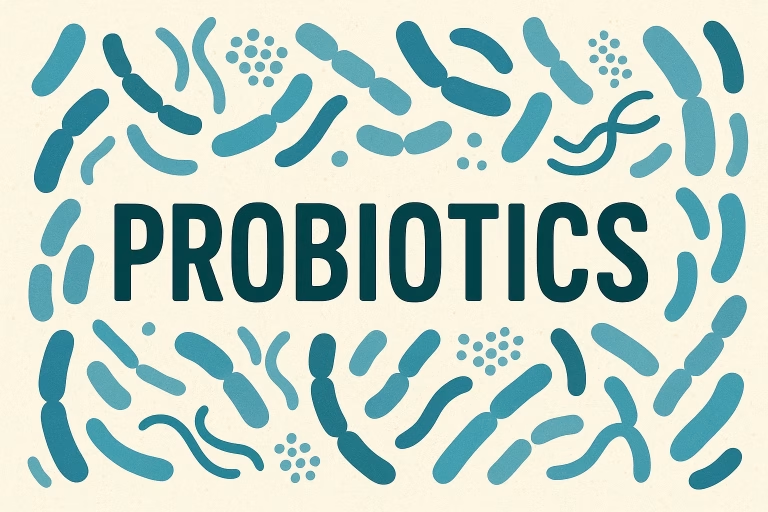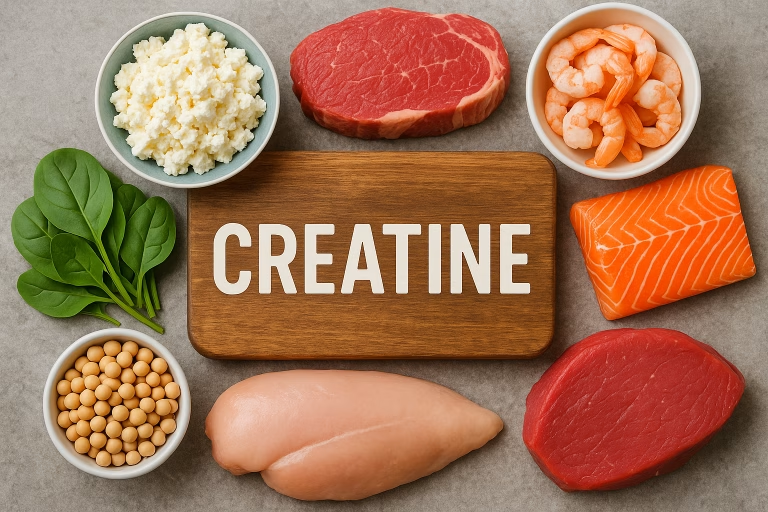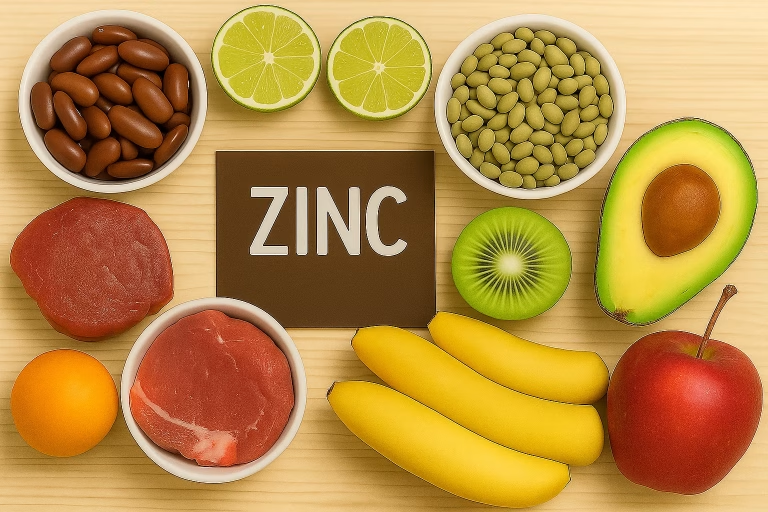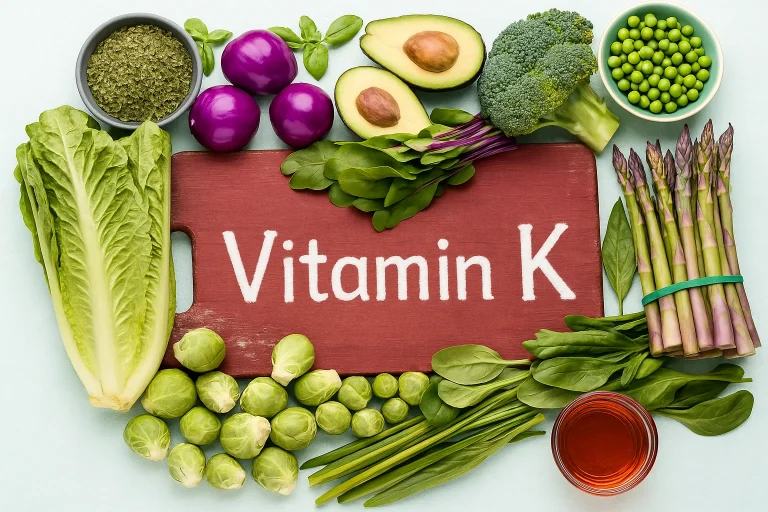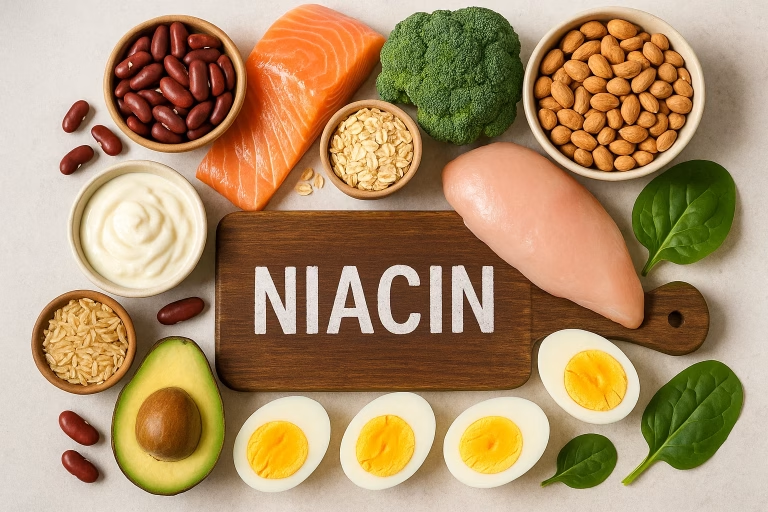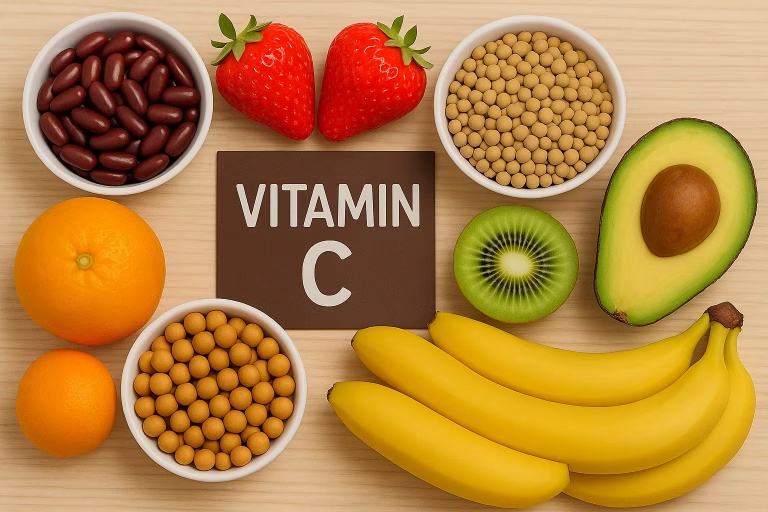Vitamin E Review: Antioxidant Power for Adults Over 40
Vitamin E is a vital nutrient known for its powerful antioxidant properties. As we age, oxidative stress and cellular damage increase, making it essential to support the body with nutrients like vitamin E. In this in-depth review, we explore the benefits of vitamin E, different forms, ideal dosages, sources, and how it supports health, especially for adults over 40.
What Is Vitamin E?
Vitamin E is a fat-soluble antioxidant composed of eight compounds: four tocopherols and four tocotrienols. Alpha-tocopherol is the most biologically active form in humans and is commonly used in supplements. Its primary function is to protect cell membranes from oxidative damage caused by free radicals.
The Eight Forms of Vitamin E
- Alpha-tocopherol
- Beta-tocopherol
- Gamma-tocopherol
- Delta-tocopherol
- Alpha-tocotrienol
- Beta-tocotrienol
- Gamma-tocotrienol
- Delta-tocotrienol
Benefits of Vitamin E for Adults Over 40
1. Potent Antioxidant Protection
Vitamin E neutralizes free radicals, reducing oxidative stress—a major factor in aging, inflammation, and chronic disease. It helps protect cells from DNA damage and supports overall longevity.
2. Heart Health
Vitamin E may help prevent oxidation of LDL cholesterol, a key contributor to atherosclerosis. Some studies suggest it supports blood vessel function and reduces the risk of heart disease.
3. Skin Health and Aging
Topical and oral vitamin E has been shown to improve skin elasticity, hydration, and reduce UV-induced damage. It may also help in healing wounds and reducing scarring.
4. Eye Health
Vitamin E may reduce the risk of age-related macular degeneration (AMD) and cataracts. It works in synergy with other antioxidants like vitamin C, zinc, and lutein to protect eye cells from degeneration.
5. Immune Support
As the immune system weakens with age, vitamin E plays a crucial role in boosting T-cell function and enhancing immune response, helping the body fight infections more effectively.
6. Cognitive Function
Oxidative damage in the brain has been linked to neurodegenerative diseases. Some studies suggest that vitamin E may help slow cognitive decline and support brain health in older adults.
Recommended Dosage and Safety
The recommended daily allowance (RDA) for vitamin E (as alpha-tocopherol) is:
- 15 mg (22.4 IU) per day for adults
- Upper tolerable intake level: 1,000 mg (1,500 IU)
Vitamin E is generally safe when taken at recommended doses. High doses over long periods may interfere with blood clotting and interact with medications like anticoagulants.
Best Food Sources of Vitamin E
- Sunflower seeds
- Almonds
- Spinach
- Avocados
- Hazelnuts
- Olive oil
- Wheat germ oil
Absorption Tips
Because vitamin E is fat-soluble, it should be taken with a meal containing fat to enhance absorption.
Vitamin E Deficiency: Signs and Symptoms
Vitamin E deficiency is rare but can occur in people with fat-malabsorption disorders or genetic conditions. Symptoms include:
- Muscle weakness
- Vision problems
- Numbness or tingling in extremities
- Weakened immune function
- Difficulty walking or coordinating movements
Different Forms of Vitamin E Supplements
Synthetic vs. Natural Vitamin E
Natural vitamin E is labeled as d-alpha-tocopherol, while synthetic is dl-alpha-tocopherol. The natural form is more bioavailable and better absorbed.
Mixed Tocopherols and Tocotrienols
High-quality supplements often contain a blend of tocopherols and tocotrienols, providing broader antioxidant protection than alpha-tocopherol alone.
Softgels vs. Capsules vs. Oils
Vitamin E is most commonly available in softgel form but can also be found in oils and capsules. Oils are ideal for topical use, while softgels are best for internal supplementation.
How to Choose a Quality Vitamin E Supplement
- Choose natural d-alpha-tocopherol over synthetic forms
- Look for third-party testing and certifications
- Consider a mixed tocopherol/tocotrienol blend
- Check for added oils or nutrients like selenium or vitamin C
Who Should Consider Vitamin E Supplements?
- Adults over 40 looking to prevent oxidative damage
- Those with chronic inflammation or heart issues
- People with fat-malabsorption conditions
- Individuals with poor dietary intake of vitamin E
- Anyone wanting to support skin, eye, and brain health
Potential Interactions and Side Effects
While generally safe, high doses of vitamin E can cause:
- Nausea and diarrhea
- Headaches or fatigue
- Increased risk of bleeding (especially if taking anticoagulants)
Always consult with your healthcare provider before starting any supplement regimen, especially if you’re on medications.
Vitamin E and Other Nutrients
Vitamin E works synergistically with other nutrients, including:
- Vitamin C: Regenerates vitamin E after oxidation
- Selenium: Enhances antioxidant enzyme activity
- CoQ10: Complements antioxidant defense systems
Latest Research on Vitamin E
Recent studies continue to explore vitamin E’s role in aging, cancer prevention, and chronic disease. While some findings are mixed, most agree that moderate supplementation and adequate intake through diet offer long-term protective benefits.
Frequently Asked Questions
Can vitamin E improve skin tone and reduce wrinkles?
Yes, both topical and oral vitamin E may help reduce fine lines, improve elasticity, and fade dark spots due to its antioxidant properties.
Is it safe to take vitamin E every day?
Yes, within the RDA and UL guidelines. Daily supplementation of 15–200 IU is considered safe for most adults.
Can I get enough vitamin E from food alone?
It depends on your diet. A diet rich in nuts, seeds, leafy greens, and healthy oils can meet daily needs, but supplements may help ensure consistent intake.
What’s the best time to take vitamin E?
Take vitamin E with meals that contain healthy fats to enhance absorption.
Conclusion
Vitamin E is a powerful antioxidant that supports multiple systems in the body, including the heart, skin, brain, and immune system. For adults over 40, supplementation can help offset age-related declines in health and enhance overall well-being. Choose a high-quality supplement, focus on natural forms, and integrate vitamin E-rich foods into your diet for the best long-term results.


